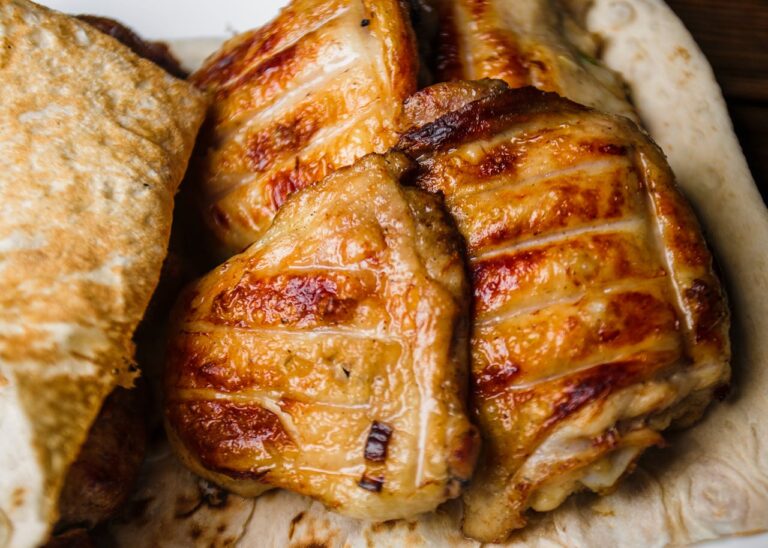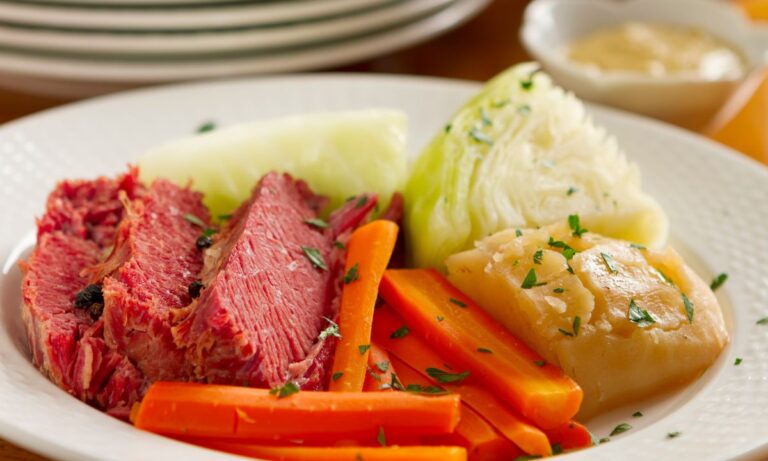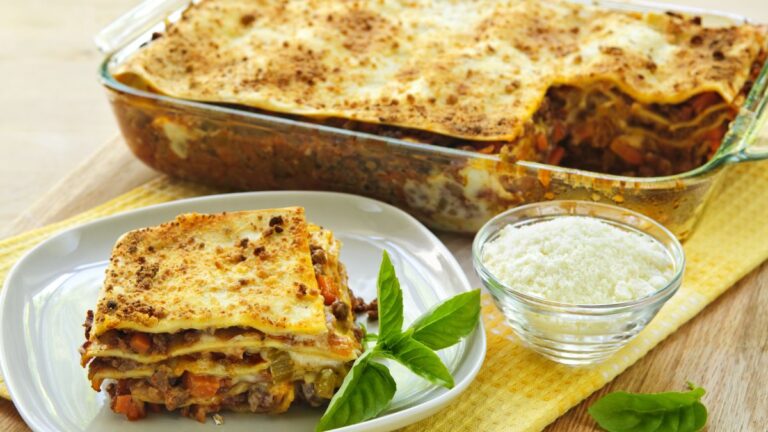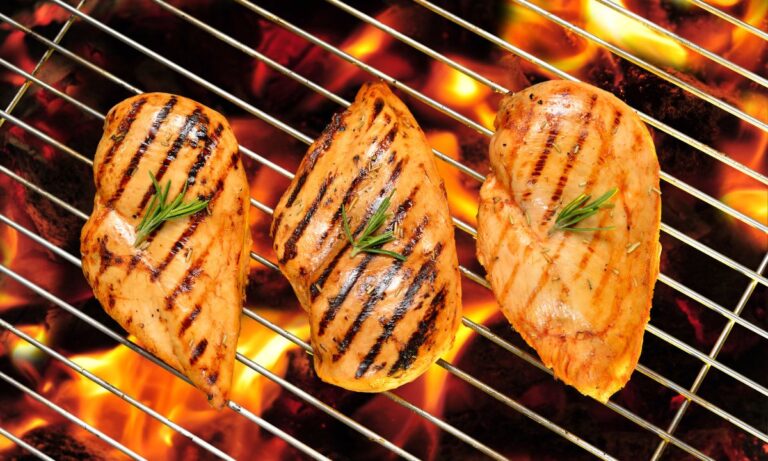creating a 2400 calorie high protein meal plan for muscle building and weight loss
Are you trying to gain or maintain weight while still following a healthy and balanced diet? A 2400 calorie meal plan can help you achieve your goals while providing your body with essential nutrients. In this article, we’ll guide you through creating a healthy and satisfying 2400 calorie meal plan that can help you reach your health and fitness goals.
Why a 2400 Calorie Meal Plan Works
A 2400 calorie meal plan is ideal for those who lead an active lifestyle and want to maintain or gain weight. This meal plan provides enough calories to fuel your body throughout the day and promote muscle growth, while also ensuring that you’re consuming a balanced and nutritious diet. A healthy 2400-calorie meal plan includes lean proteins, whole grains, fruits, vegetables, and healthy fats to help you maintain optimal health.

How to Create a 2400 Calorie Meal Plan
Creating a 2400 calorie meal plan is easy, as long as you keep the following tips in mind.
- Determine Your Caloric Needs
Before creating a 2400 calorie meal plan, it’s important to know how many calories your body needs. This can vary depending on your age, weight, height, and activity level. You can use an online calculator to estimate your daily caloric needs, but it’s best to consult a registered dietitian for personalized advice.
2. Choose Nutrient-Dense Foods

When creating a 2400 calorie meal plan, it’s important to choose foods that are rich in nutrients and provide your body with essential vitamins and minerals. Opt for nutrient-dense foods like whole grains, lean proteins, fruits, vegetables, and healthy fats. These foods will keep you feeling full and energized throughout the day, without overloading your body with unhealthy fats or empty calories.
3. Plan Your Meals
Planning your meals ahead of time can help you stick to your 2400 calorie meal plan and avoid making unhealthy choices when you’re pressed for time. Try to plan your meals and snacks for the week ahead, and make a shopping list to ensure that you have all the necessary ingredients on hand.
4. Balance Your Macronutrients
To create a healthy and balanced 2400 calorie meal plan, you should aim to consume approximately 30% of your calories from protein, 50% from carbohydrates, and 20% from healthy fats. This macronutrient ratio will provide your body with the energy it needs to stay active and build muscle, while also supporting your overall health and well-being.
Sample 2400 Calorie Meal Plan
Here’s a sample 2400 calorie meal plan that incorporates these tips:
Breakfast (500 calories)
- 2 large eggs (140 calories)
- 2 slices of whole-grain toast (200 calories)
- 1 medium avocado (250 calories)
- 1 medium orange (60 calories)
Snack (200 calories)
- 1 medium apple (95 calories)
- 2 tablespoons of peanut butter (105 calories)
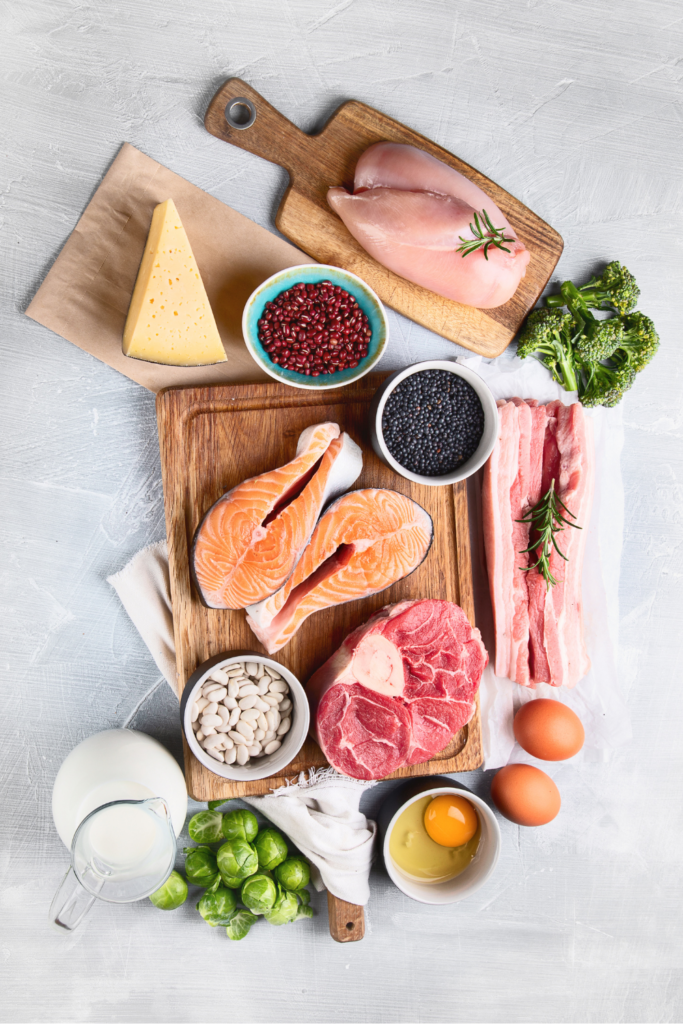
Lunch (600 calories)
- 6 ounces of grilled chicken breast (200 calories)
- 1 cup of cooked quinoa (220 calories)
- 1 cup of steamed broccoli (55 calories)
- 1 cup of mixed salad greens (25 calories)
- 2 tablespoons of balsamic vinaigrette dressing (40 calories)
- 1 medium banana (60 calories)
Snack (200 calories)
- 1 cup of low-fat cottage cheese (160 calories)
- 1 medium pear (40 calories)
Dinner (600 calories)
- 6 ounces of grilled salmon (300 calories)
- 1 cup of cooked brown rice (220 calories)
- 1 cup of roasted sweet potatoes (90 calories)
- 1 cup of sautéed kale (30 calories)
- 1 tablespoon of olive oil (40 calories)
- 1 medium apple (40 calories)
Snack (300 calories)
- 1 cup of Greek yogurt (130 calories)
- 1 cup of mixed berries (70 calories)
- 1 ounce of mixed nuts (100 calories)
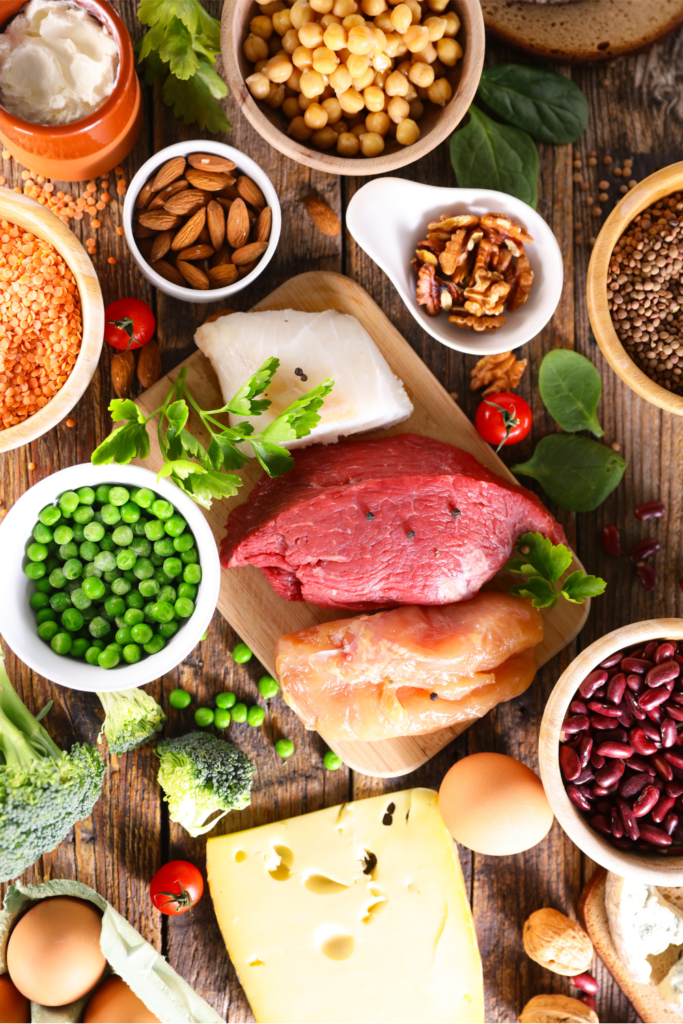
Tips for Sticking to Your 2400 Calorie Meal Plan
- Creating a 2400 calorie meal plan is only the first step to achieving your health and fitness goals. To make it a success, here are some tips to help you stick to your plan:
- Don’t Skip Meals: Skipping meals can cause your blood sugar to drop and lead to overeating later in the day. Make sure to eat breakfast, lunch, dinner, and snacks throughout the day to keep your energy levels up.
- Plan Ahead: Planning your meals ahead of time can help you stay on track and avoid making unhealthy choices when you’re hungry and pressed for time.
- Be Mindful of Portion Sizes: While a 2400 calorie meal plan can be healthy and balanced, it’s important to be mindful of portion sizes. Overeating can lead to weight gain and other health problems.
- Drink Plenty of Water: Staying hydrated is essential for maintaining optimal health. Drinking plenty of water can also help you feel full and prevent overeating.
Here’s some additional information and tips to consider when creating or following a 2400 calorie meal plan:
- Planning is key: A successful meal plan requires careful planning to ensure that you’re getting all the essential nutrients your body needs. Consider using a food tracking app or a meal planning tool to help you plan your meals in advance.
- Focus on whole foods: Whole foods are nutrient-dense and provide a range of vitamins, minerals, and other beneficial compounds that support good health. Try to include plenty of whole foods in your meal plan, including fresh fruits and vegetables, lean proteins, and whole grains.
- Mind your macronutrient ratios: Macronutrients are the three main nutrients that your body needs to function properly: carbohydrates, protein, and fat. To optimize your meal plan, aim for a balance of all three macronutrients. A general guideline is to aim for 40-50% of your daily calories from carbs, 30-35% from protein, and 20-25% from fat.
- Don’t forget about hydration: Staying hydrated is important for good health, and it can also help you feel full and satisfied between meals. Aim to drink at least 8-10 glasses of water per day, and consider including hydrating foods like cucumbers, watermelon, and celery in your meal plan.
- Meal prep for success: Preparing your meals in advance can save time and make it easier to stick to your meal plan. Consider setting aside a few hours each week to prep ingredients or cook meals in advance, so you always have healthy and nutritious options on hand.
By following these tips and incorporating them into your meal plan, you can help ensure that you’re getting the nutrients and energy you need to support your health and fitness goals.
Conclusion
A 2400 calorie meal plan can be a useful tool for achieving your health and fitness goals, whether you’re trying to lose weight or gain weight. By creating a balanced and nutrient-dense meal plan, you can ensure that your body is getting the energy and nutrients it needs to function properly.
Remember, a meal plan is just one part of a healthy lifestyle. Be sure to incorporate regular physical activity, stress management techniques, and other healthy habits into your routine to support optimal health and wellbeing.
FAQs
Why is a high protein meal plan important for muscle building and weight loss?
- Protein is essential for building and repairing muscle tissue, and it can also help with weight loss by keeping you feeling full and satisfied. A high protein meal plan can help support muscle growth and repair while also promoting weight loss.
How much protein should be included in a 2400 calorie high protein meal plan?
- For muscle building and weight loss, it is recommended to consume around 1 gram of protein per pound of body weight per day. So, if you weigh 150 pounds, your high protein meal plan should include around 150 grams of protein.
What are some good sources of protein to include in a high protein meal plan?
- Good sources of protein include lean meats such as chicken, turkey, and fish, as well as eggs, beans, lentils, tofu, and Greek yogurt. Protein supplements such as whey protein powder can also be added to shakes or smoothies.
How can a high protein meal plan support weight loss?
- Protein is more filling than carbohydrates or fats, so including more protein in your diet can help reduce hunger and cravings, leading to a lower overall calorie intake. Additionally, protein has a higher thermic effect, meaning it requires more energy to digest, which can boost metabolism and support weight loss.
Can a high protein meal plan be vegetarian or vegan?
- Yes, there are many vegetarian and vegan sources of protein, including beans, lentils, tofu, tempeh, and seitan. Plant-based protein supplements such as pea protein powder or soy protein powder can also be used in shakes or smoothies.


